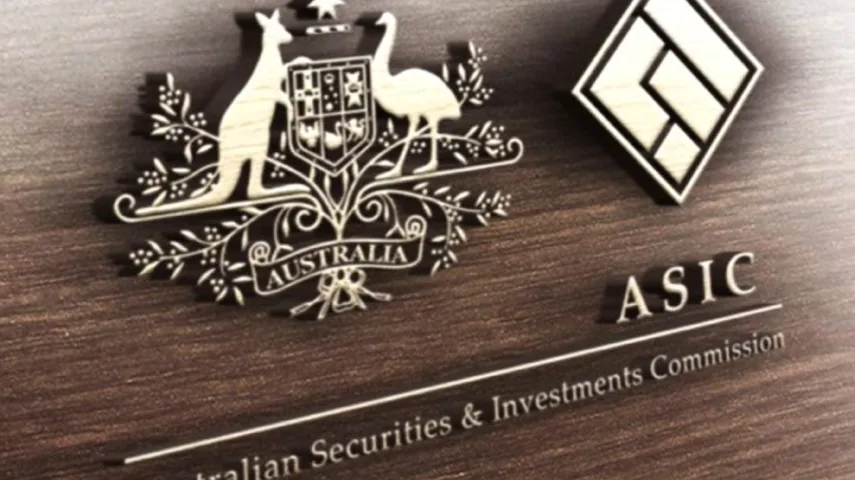Enforceable undertaking rise highlights ASIC’s return to litigation era



The financial services sector should brace to expect more litigation from ASIC in the future, according to law firm Hall & Wilcox.
ASIC has previously said its enforcement priorities would be poor distribution of financial products, member service failures in the superannuation sector, compliance with reportable situations regime, and gatekeeping facilitating misconduct.
But the law firm believes the use of enforceable undertakings indicates it is returning to its “litigation era” again. There have been two enforcement undertakings by the regulator already this year compared to five in the whole of 2023.
This includes one from a former Melbourne financial adviser Shivdeep Jaidka regarding advice on self-managed superannuation funds (SMSFs). At the time, it said ASIC accepts a court enforceable undertaking to improve and enforce compliance with the law. They are not necessarily used as an alternative to other enforcement actions, but can complement or enhance such actions.
While ASIC's "why not litigate" mantra was in full force, there were often more than 20 enforceable undertakings each year with 2013 seeing as many as 27 and 2016 and 2017 both seeing 23.
The mantra was dropped by the regulator in 2021 and instead it committed to using its full suite of regulatory enforcement powers in a targeted and proportionated way, rather than focusing primarily on litigation. As a result, the numbers dropped significantly and there were only two enforceable undertakings in 2021 and only one in 2022.
But the increase in enforceable undertakings this year indicates it could be making a comeback as part of a “bold approach to enforcement”.
Deputy chair Sarah Court said: “We are taking matters to court and pursuing higher penalties than ever before. In delivering against our priorities this year, we took action against some of Australia’s biggest corporations. And we are not deterred from taking challenging cases where legal outcomes are not guaranteed.”
With this in mind, Hall & Wilcox highlighted three additional areas where it believes ASIC could place greater focus alongside the priority areas already highlighted.
“Recent comments from the ASIC chair and deputy chair signal a shift towards ASIC conducting litigation targeting those areas to:
- Seek clarification where the law is vague or uncertain.
- Effectively expand the scope of its enforcement powers (by seeking court endorsement of its approach).
- Cover a greater scope of operators in the financial services market (including, for example, non-AFSL holders).
“We expect ASIC will allocate more resources to new and existing investigations as it unloads its litigation burden. While it will take time for those investigations to result in the commencement of court proceedings, further litigation is inevitable.
“However, the message from ASIC is now clear – expect more enforcement activity and, more importantly, less negotiation and more litigation, particularly in areas where ASIC considers the law to be uncertain.”
Recommended for you
Compared to four years ago when the divide between boutique and large licensees were largely equal, adviser movements have seen this trend shift in light of new licensees commencing.
As ongoing market uncertainty sees advisers look beyond traditional equity exposure, Fidante has found adviser interest in small caps and emerging markets for portfolio returns has almost doubled since April.
CoreData has shared the top areas of demand for cryptocurrency advice but finds investors are seeking advisers who actively invest in the asset themselves.
With regulators ‘raising the bar’ on retirement planning, Lonsec Research and Ratings has urged advisers to place greater focus on sequencing and longevity risk as they navigate clients through the shifting landscape.












,... "targeting areas .. Cover a greater scope of operators in the financial services market (including, for example, non-AFSL holders)." Why do AFSL licensees have to pay the financial adviser's levy for ASIC investigation and enforcement costs on non-AFSL holders, amounting to $46.4 million in 2022-23, when AFSL holders have done nothing wrong? Why does this appear to be a breach of Common Law in respect of procedural justice and distributive fairness in abusing AFSL licensees that were Invoiced $46.4 million on 29 January 2024?
ASIC have a river of money, due to Frydenberg's ASIC levy, so they need to spend it somewhere .